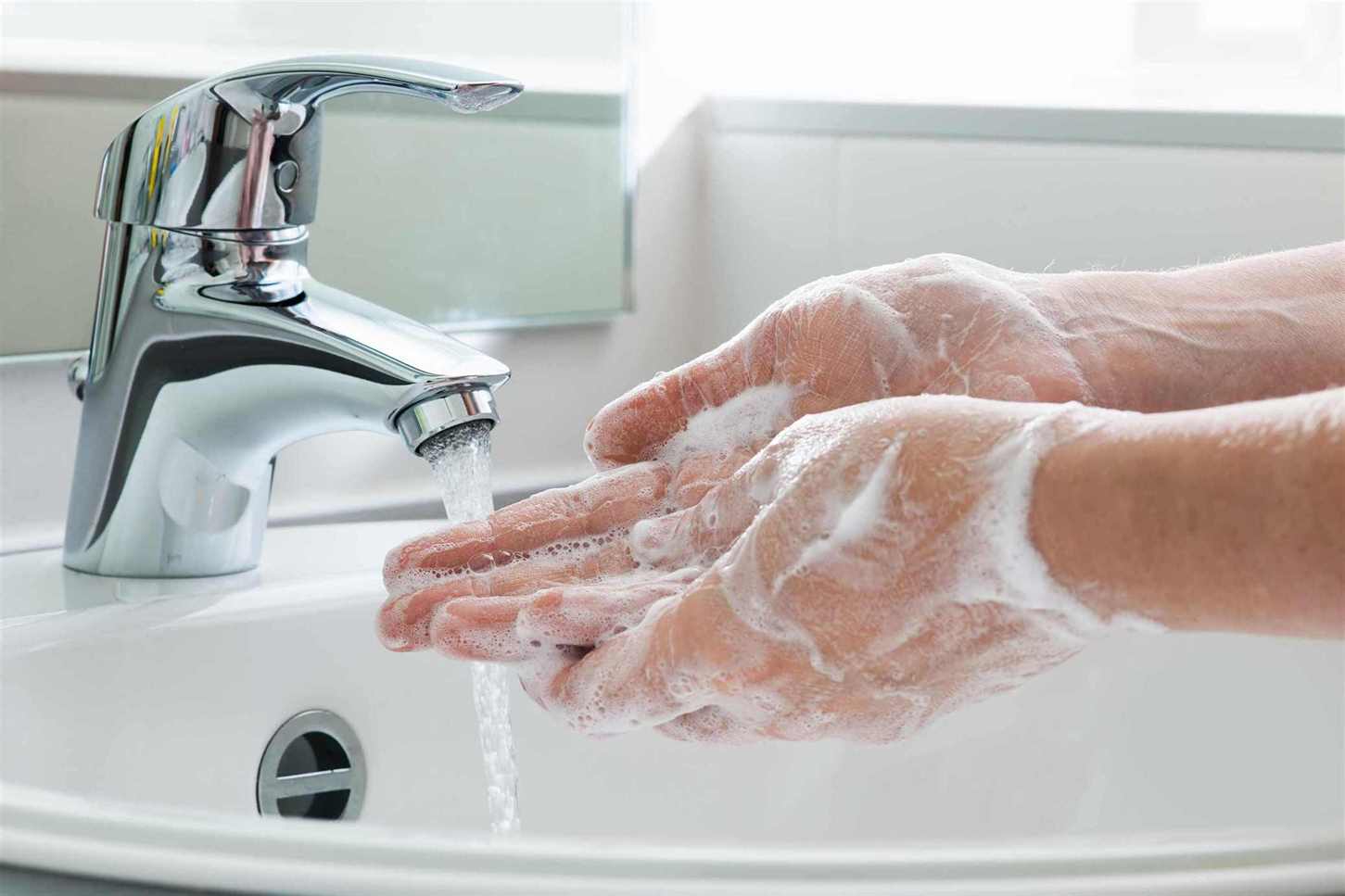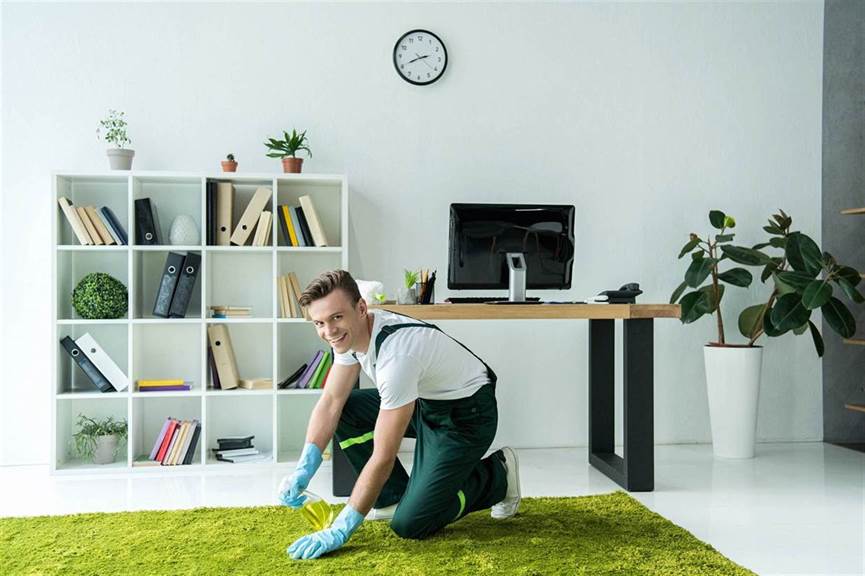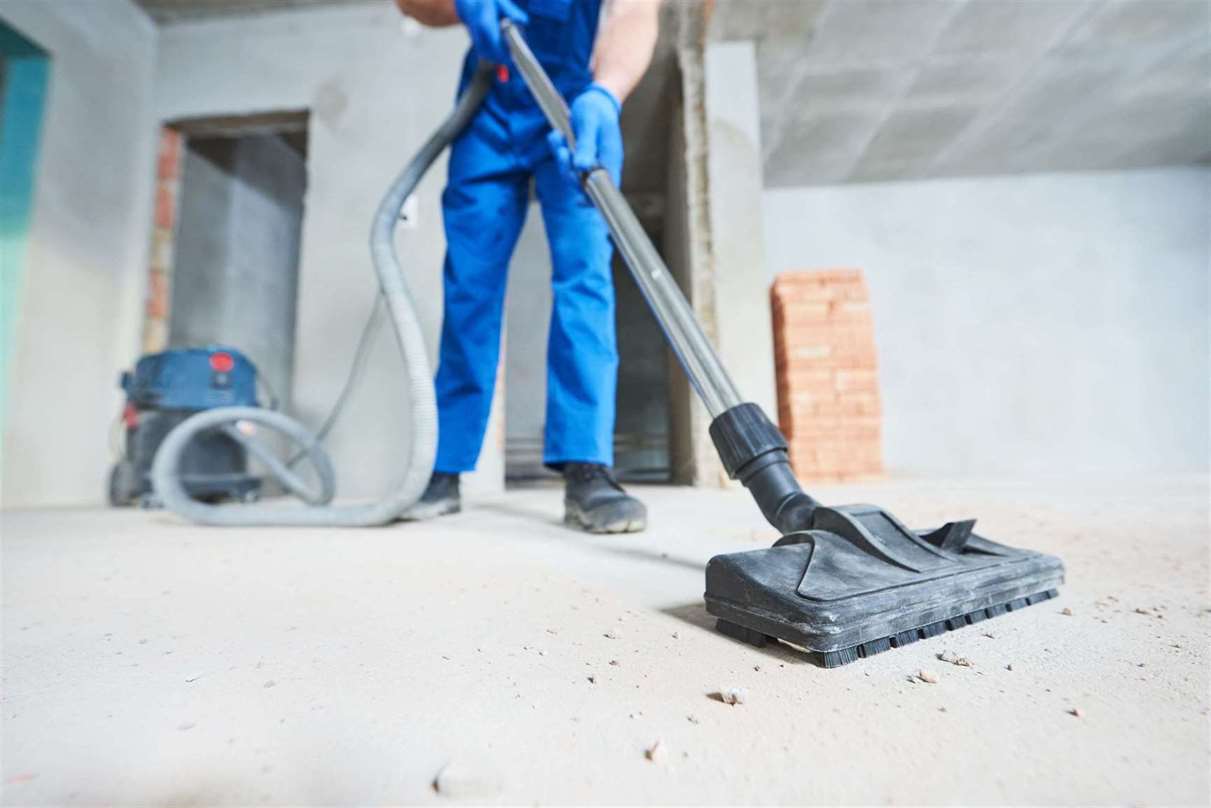
MRSA: it’s a hazard that all healthcare facilities have to take diligent measures to eliminate. Use the following tips from the expert commercial cleaning professionals at Anago Cleaning Systems to assist in preventing MRSA from spreading and developing inside your facility.
MRSA: What is it?
According to the CDC, staph is a bacteria which may be found on around 1 out of every 3 people. While the majority of folks do not experience any problems, there are some cases in which staph may cause severe infections, such as pneumonia, blood infections, and wound and skin infections. If left untreated, a staph infection might cause life-threatening complications.
Antibiotics typically are an efficient staph treatment. Unfortunately, the high quantity of antibiotics provided in healthcare settings contributed to permitting staph to develop a resistance to these antibiotics. These resistant antibiotics are what are referred to as MRSA, or methicillin-resistant Staphylococcus aureus.
MRSA infections occur most often within healthcare environments such as outpatient care centers, nursing homes, and hospitals. Centers for Disease Control & Prevention states that patients are more than likely to be infected by methicillin-resistant Staphylococcus aureus if they have any of these circumstances:
- They’re suffering with additional health conditions.
- They’re being treated using invasive medical devices like catheters.
- They’re being treated close to an additional patient with MRSA.
- They’ve been treated using antibiotics.
- They have wounds.
While it’s still possible to treat methicillin-resistant Staphylococcus aureus, treatment is substantially more challenging. It’s why it is essential that all healthcare employees stay diligent to assist in preventing MRSA from initially spreading and developing.
How To Prevent MRSA Transmission
MRSA that is acquired in outpatient facilities and hospitals may be prevented when visitors, patients, and staff take all of the necessary precautions. Some things doctors may do to prevent MRSA involve these:
- Do hand hygiene after, during, and before treating patients or touching bodily fluids.
- Use the proper PPE (personal protective equipment) when needed, which includes face protection, gowns, and gloves.
- Appropriately deal with patient laundry.
- Restrict patients’ exposure to additional patients with MRSA.
- Perform correct disinfecting, sanitizing, and cleaning all throughout the day.
What Should Patients Do When They Arrive Home from The Hospital?
According to the CDC, patients returning home after a stay at the hospital also can take measures to decrease their odds of obtaining a MRSA infection or spreading it to other people. Some suggested measures to take after exiting the hospital to aid in preventing MRSA involves the following:
- Finish all of your antibiotics prescription according to the directions provided by your physician.
- Regularly wash your hands, particularly after and before changing any bandages.
- Clean wounds according to healthcare facility directions.
- Don’t share personal possessions such as towels or razors.
- Dry and wash your clothing and bedding using the warmest temperatures your direction labels permit.
- Follow all additional directions provided by your healthcare provider.
While staff may take specific measures to restrict their patients’ exposure to harmful infections, it also is critical to begin with a clean facility. That is why Anago Cleaning Systems is committed to producing the highest standard of clean each time we enter a health facility.









